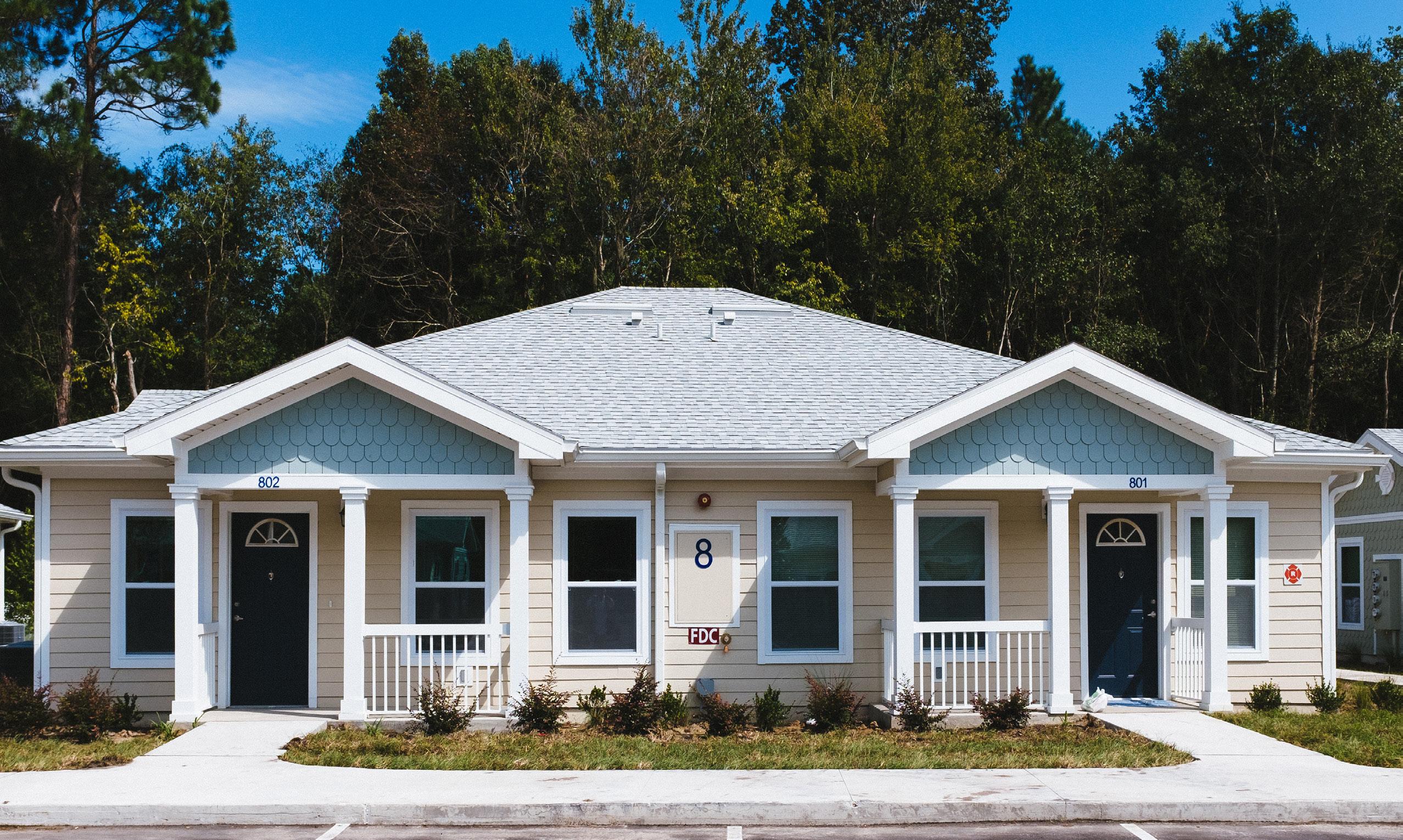APPENDIX D: GLOSSARY OF TERMS Agency for Health Care Administration (AHCA) – The chief health policy and planning entity for the state. Primarily responsible for Florida's Medicaid program, the licensure of the state's 48,000+ health care facilities and the sharing of health care data through the Florida Center for Health Information and Policy Analysis. Administers contracts with Managed Care Plans through which most Medicaid recipients receive their Medicaid services. Assertive Community Treatment (ACT) – A team-based treatment model that provides multidisciplinary, flexible treatment and support to people with mental illness 24/7. ACT is based around the idea that people receive better care when their mental health care providers work together. ACT team members help a person address every aspect of their life, whether it be medication, therapy, social support, employment or housing. ACT is mostly used for people who have transferred out of an inpatient setting but would benefit from a similar level of care and having the comfort of living a more independent life than would be possible with inpatient care. Chronic Homelessness – Refers to a situation in which an individual is experiencing homelessness has: (a) a diagnosable substance use disorder, or (b) a serious mental illness, or (c) a developmental disability, or (d) a chronic physical illness or disability, including the co-occurrence of two or more of these conditions; and meets at least one of the following requirements: (e) has been continuously homeless for one year, (f) has had four periods of homelessness in the last three years, or (g) has had a sustained stay of not less than sixty days and no more than the last two years in an assisted living facility, residential care facility, nursing home, or institution due to a lack of appropriate and adequate supportive housing and services available in the community. An episode of homelessness is a separate, distinct and sustained stay in a place not meant for human habitation, on the streets, in an emergency homeless shelter or in transitional housing. Continuum of Care (CoC) – a regional or local group organized to carry out a community’s goal to end homelessness. CoCs are generally composed of representatives of organizations including: non-profit homeless providers, victim service providers, faith-based organizations, governments, businesses, advocates, public housing agencies, school districts, social service providers, mental health agencies, hospitals, universities, affordable housing developers, law enforcement, organizations that serve homeless and formerly homeless veterans, and homeless and formerly homeless persons. The lead agency of the CoC operates the HMIS, carries out planning for the CoC, coordinates implementation of a housing and service system within its geographic area to meet the needs of the individuals and families who experience homelessness there, and designs and implements the process the allocation of CoC program funds. Cooperative Agreements to Benefit Homeless Individuals (CABHI) Grant – Competitive grant programs, jointly funded by the SAMHSA Center for Mental Health Services and Center for Substance Abuse Treatment. CABHI programs support state and local community efforts to provide behavioral health treatment and
42
recovery-oriented services. CABHI’s primary goal is to ensure that the most vulnerable people experiencing homelessness and chronic homelessness receive access to housing, treatment and recovery support services. Coordinated Entry System – A local or regional homeless process designed to quickly identify, assess, refer and connect people in crisis to housing, shelter, resources and services, no matter where they show up to ask for help. Extremely Low-Income – Refers to the income level of households making 0-30 percent of an area’s median income. Ferrans and Powers Generic Quality of Life Survey – A survey developed by Carol Estwing Ferrans and Marjorie Powers in 1984 to measure quality of life in terms of satisfaction with life. It measures both satisfaction and importance regarding various aspects of life valued by the individual being surveyed, including health and functioning, psychological/spiritual domain, social and economic domain, family and overall. Florida 1115 Medicaid Housing Assistance Waiver Pilot – With approval from the federal government, Florida’s Section 1115 waiver pilot allows participating Managed Care Plans to pay for flexible services for persons with severe mental illness or substance use disorders, including, but not limited to, temporary housing assistance. The goal is to provide additional behavioral health services and supportive housing assistance services for enrollees ages 21 and older with a serious mental illness, a substance use disorder, or both, and who are homeless or at risk of homelessness due to their condition. Ultimately, the goal is to keep these Medicaid recipients in sustainable housing through improved supports. Florida Department of Children and Families (DCF) – DCF’s primary program responsibilities are to assist Florida’s most vulnerable residents through adult protective services, family safety and child welfare, substance use disorders and mental health services, and economic self-sufficiency. Florida Housing Finance Corporation – A statutorily created public corporation of the State of Florida with the mission of financing affordable homeownership opportunities and the development of rental housing using federal and state resources. Government and Performance Results Act (GPRA) National Outcome Measure Tool for SAMSHA – Provides ten domains for National Outcome Measures (NOM) that measure outcomes for people who are receiving care via SAMSHA funding. The NOMs matrix provides a state-level reporting system that assists in reporting a national picture of substance use disorders and mental health services. Homeless Management Information System (HMIS) – A local information technology system used to collect client-level data and data on the provision of housing and services to individuals and families experiencing homelessness and persons at risk of homelessness. Each Continuum of Care is responsible for selecting an HMIS software solution that complies with the US Department of
Findings of the Florida High Needs High Cost Pilot








